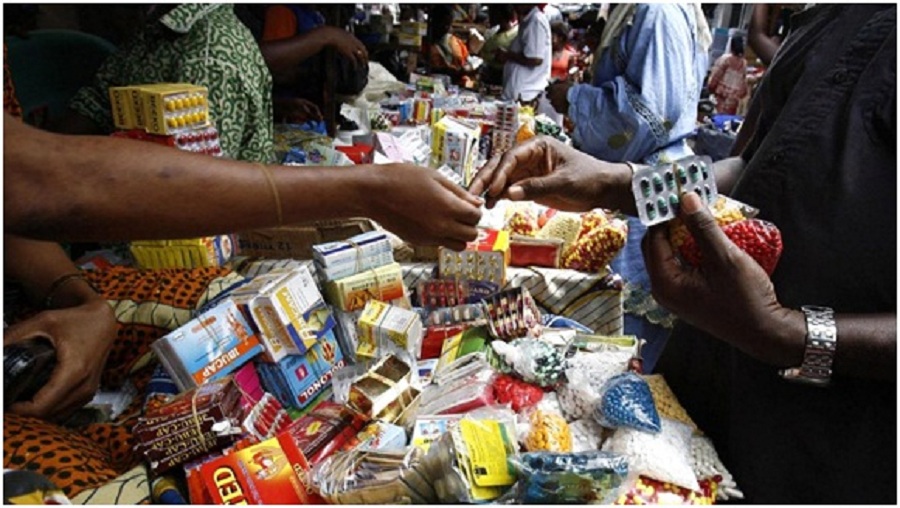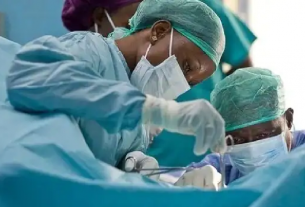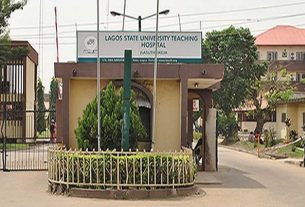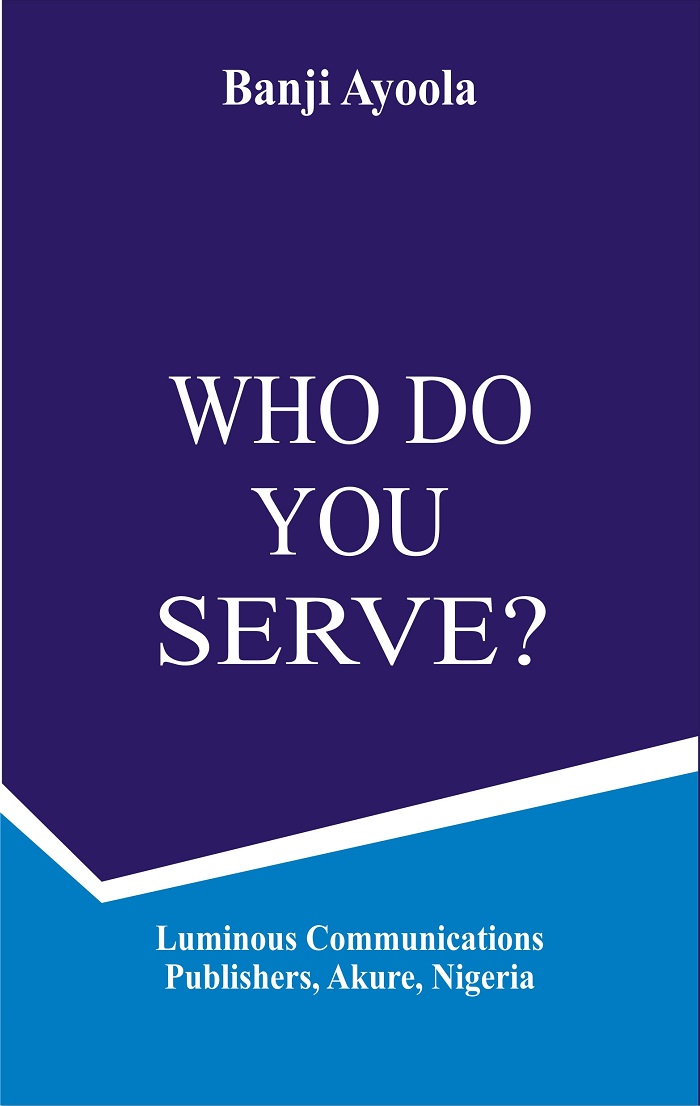Country loses estimated $900m annually
Unchecked influx of fake drugs into Nigeria accounts for 12,000 deaths annually and an economic loss estimated at $900m, according to experts.
Medical sources described counterfeit medication popularly referred to as fake drugs as powerful and deadly, adding that well organized cabals are holding the country by the jugular.
It was revealed that one in 10 medications sold in the country are either fake or substandard.
This year, counterfeit drugs worth N613 million and N515 million were seized and destroyed by the National Agency for Food and Drug Administration and Control (NAFDAC) in Kano and Gombe states respectively with similar cases in other states.
Investigations further showed that fake drugs producers and peddlers have become menacingly more daring and skillful in their trade and that only pharmacists can differentiate between the original and fake.
Experts interviewed are worried over the rife and influx of fake drugs into the country as it could lead to mass poisoning, drug resistance and finally untimely death.
It was also gathered that a major contributor to the proliferation of counterfeit drugs in Nigeria is the operation of unlicenced patent medicine stores and drug hawkers.
It was observed that across streets in the country, many patent stores are run by non-professionals while drug traders, without any iota of knowledge of pharmacy, are found hawking drugs in markets.
In view of this unfortunate development in the country, health experts have, however called for closure of open drug markets, strict regulation of drug production, importation and circulation as well as strengthening law enforcement against fake drugs.
The Director for Research, Global Health Focus Africa, Yusuff Adebisi said that the increase in the proliferation of counterfeit drugs in Nigeria has become a major public health concern and it could be attributed to the existence of open drug markets in the country.
Adebisi identified that fake drugs could lead to serious health complications and death.
According to the pharmacist, fake drugs can lessen the strength of the immune system to fight diseases by causing antimicrobal resistance, when bacteria, viruses, fungi and parasites change over time and no longer respond to medicines.
As solution, he recommended that the open drug markets should be shut and efficient drug regulation be established.
“The availability of drugs in Nigerian markets are not well regulated. In an open market, anybody can get drugs and sell them.
“So, one of the things we lack in the country is to close the open drug markets and strengthen drug regulation system. Without this, we will always have counterfeit and fake drugs.
Also speaking, the Senior Registrar, Department of Family Medicine, Federal Medical Centre (FMC), Owo, Dr Samuel Aluko attributed the menace of fake drugs in the country to bad leadership and weak law enforcement.
“The issue of fake and substandard drugs came as a result of failure in government in terms of providing leadership and also because we have a very weak law enforcement. It has caused lack of regulation and lack of standard.
“In other climes, there are always standard operating procedures to drugs. For example, when you import a drug, they will subject the drug to analysis to ensure that the active ingredients are up to the therapeutic dose that is supposed to be in those medications.
“But in Nigeria, anyone can just go to China, India and ask those companies, to produce substandard drugs for them in which the active ingredient that is supposed to be 100% will just be 60-70%.
“And because there are no regulations; there is no law enforcement, there are no standards in Nigeria, people will import these drugs and sell to us,” he stated.
Aluko further noted that poverty has made many Nigerians settle for cheap and unstandardized drugs stored in the communities.
While noting that many Nigerians had died as a result of ingesting counterfeit drugs, he suggested that drugs imported into the country must be thoroughly scrutinised for quality standard before approval and NAFDAC number.
He further recommended that there must be proper drug market regulation in relation to drug production, importation and circulation, adding that law enforcement against counterfeit drugs must be strengthened and perpetrators made to face the wrath of law.
A public health expert, Molly Ogbodum noted that counterfeit drugs are usually dispensed for malaria, high blood pressure and antibiotics.
She stated that corruption among drug producers, importers and those charged to regulate drug production in the country, unemployment and lack of modern drug control system have exacerbated the spread of fake drugs in the country.
While confirming that adulterated drugs could lead to waste of resources, antimicrobial resistance, health complications and untimely death, the health expert recommended that NAFDAC should be strengthened with required technology to fight the production and circulation of counterfeit drugs in the country.
She also suggested the use of standardised unique trademarks for approved drugs and sensitisation of Nigerians to ensure they only buy drugs with the trademarks.
The Hope







